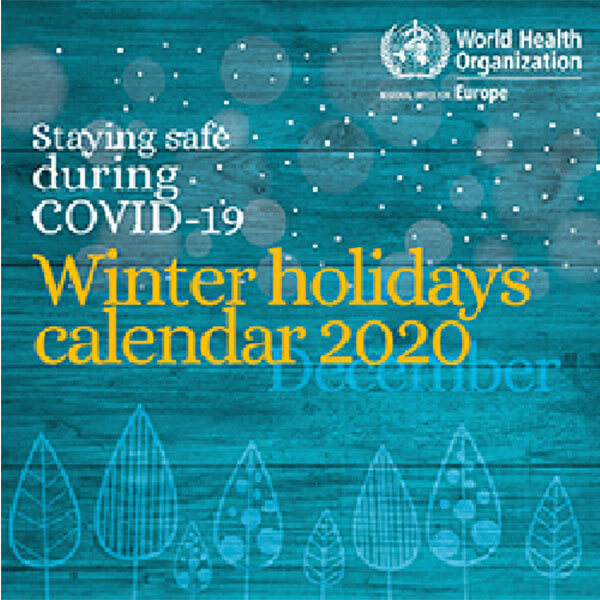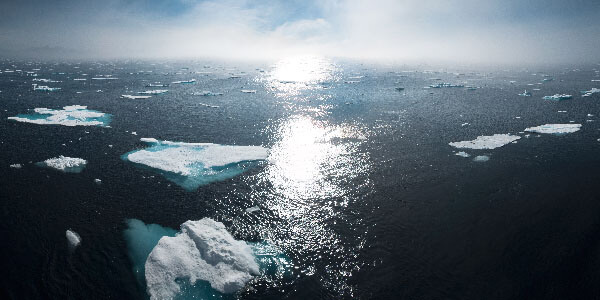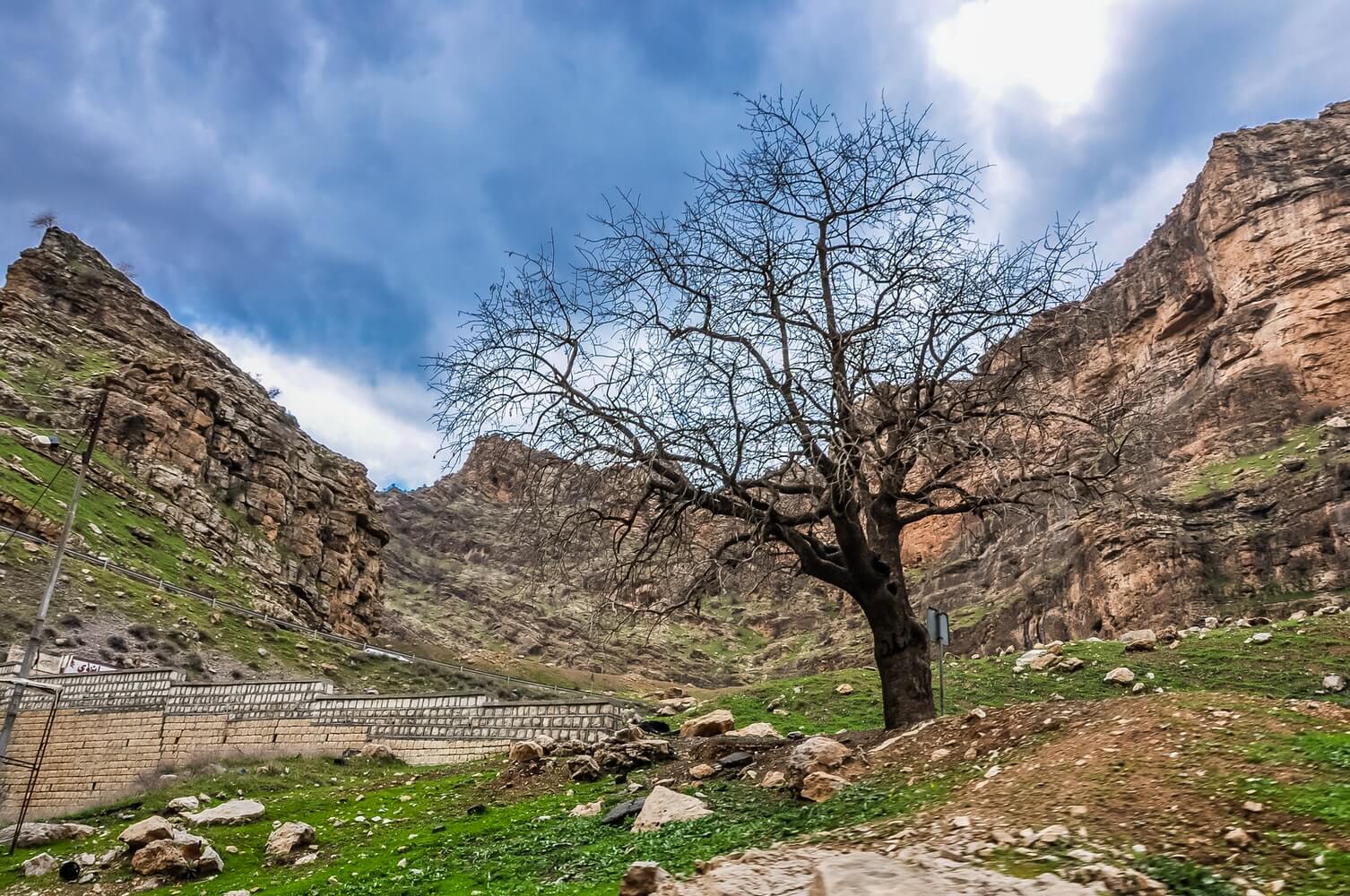COMECE participates in the high level EU religious leaders’ meeting
H. Em. Card. Jean-Claude Hollerich SJ and H.E. Mgr. Youssef Soueif, respectively President of COMECE and delegate of the Maronites in Cyprus to COMECE, participated in the 15th annual high-level EU-religious leaders’ meeting on the theme “European Way of Life” on Friday 27 November 2020, with the Vice Presidents of the European Commission and Parliament, Margaritis Schinas and Roberta Metsola, in charge of Article 17 dialogue.
The COMECE delegation highlighted the need to work together in a spirit of solidarity for people-centered policies that would guarantee a fair and fast Covid-19 recovery, without leaving anyone behind. In this context, religious leaders put emphasis on their collaboration to fight the current pandemic, especially with regards to the celebration of religious festivities.
The meeting was also an occasion to discuss about the upcoming Conference on the Future of Europe, considered as a significant occasion to rethink and improve the European project. Religious leaders expressed their will to participate in this process in order to give their constructive contribution for the common good in the context of the open, transparent and regular structured EU-Churches dialogue as foreseen by the Article 17 TFEU.
H. Em. Card. Jean-Claude Hollerich SJ, President of COMECE, stressed the need to work together for the common good, “not only within the EU, but also around the world, protecting the dignity of every human person, especially of the most vulnerable and in need”.
According to the President of COMECE, this global engagement could be implemented through active peace and development policies in Europe’s neighborhood and beyond. “Saving people from drowning in the Mediterranean Sea should be a must. Contrary – added Card. Hollerich – the EU would lose his soul in the Mediterranean”.
And on the front of interfaith dialogue and in the context of the recent wave of terrorist attacks in Europe, the Head of EU Bishops stated: “if someone hurts my Muslim sister or my Jewish brother, he hurts me. We stand together in full solidarity and will not allow anyone to divide us. No to hate, no to fanaticism”.
The meeting between high-level EU and religious representatives is a consolidated tool to implement Article 17 TFEU, which foresees an open, transparent and regular structured dialogue of the EU with Churches and religious associations.














